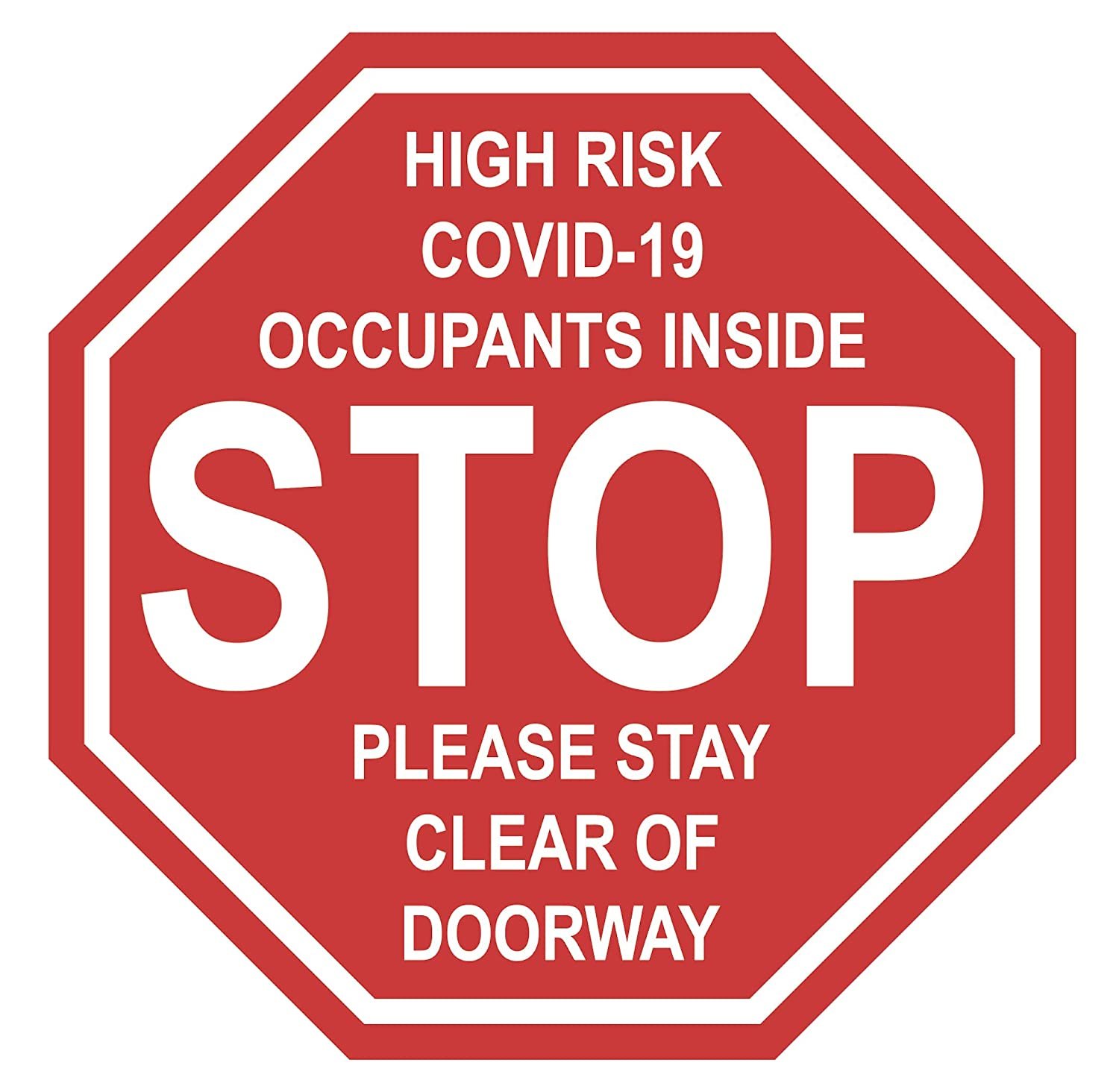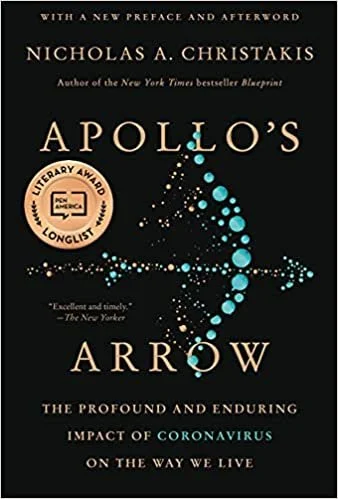The coronavirus epidemic revealed profound social anxieties regarding technological developments that both promised security and threatened privacy.
“Many forms of big-data and internet tracking technologies were used to monitor people to see if they were self-isolating, to detect interactions that placed people at risk of infection, and to follow the response of whole populations,” notes Nicholas A. Christakis in Apollo’s Arrow.
Because the virus was spreading too fast for manual contact tracing to keep up, technology experts sought to develop cell phone apps that would automatically keep track of everyone who had been near a sick person and immediately notify them if that person tested positive. But such apps would require citizen to allow the government access to their phone records, an invasion of privacy which many resisted.
“They argued that citizens might prefer being tracked by the government when they left home to the alternative of being ordered by the government to stay home,” and action taken in different forms by many governments around the world.
As an alternative, Christakis’ team at the Human Nature Lab at Yale University released an app called Hunala in 2020 which was voluntary and allowed users to evaluate their risk of coming into contact with the virus in a specific social situation. It worked like a traffic app which collects data from many drivers about the location of traffic jams.
“Being notified of elevated personal risk allows a person to take precautionary action, such as staying a home, the same way a driver might exit the highway when alerted that traffic is art a standstill a few miles ahead.”

